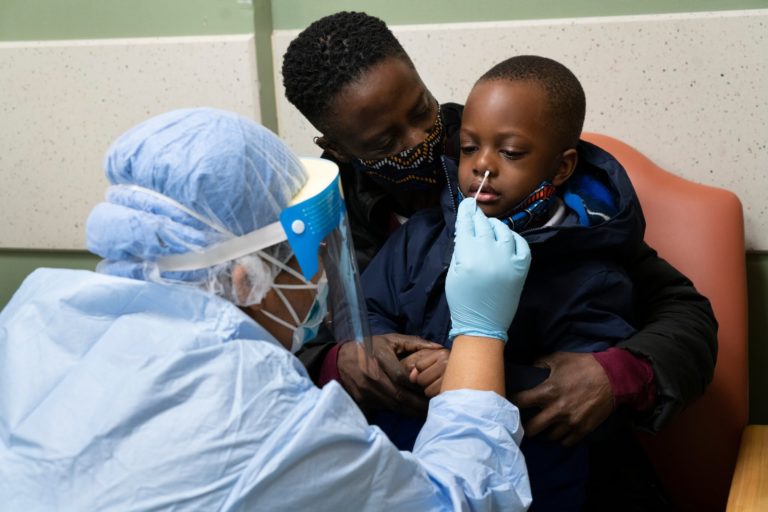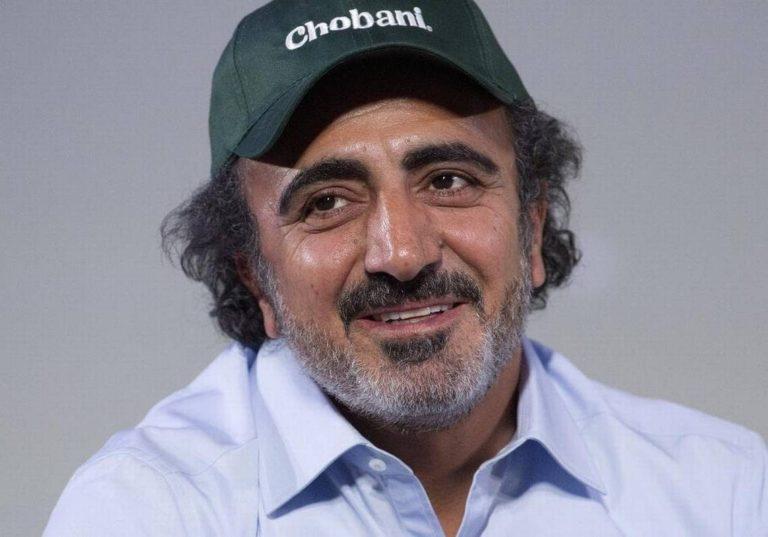Sweden has been following an unusual strategy to keep the novel coronavirus outbreak under control. Unlike its neighbors or many European countries, the country chose not to impose any lockdown measures. Growing case numbers in the capital city Stockholm and nearby Uppsala, however, have prompted a rethink. Authorities in the worst-affected areas will have the power to strongly recommend people to avoid public transport, busy public places, and contact with those considered most vulnerable such as the elderly.
Özge Çakır Somlyai’s guest was Dr. Stefan Swartling Peterson, professor of global health at Sweden’s Uppsala University. Until recently, Dr. Peterson was the head of health at the United Nations Children’s Fund (UNICEF). He is also the co-founder of Doctors Without Borders (MSF) Sweden branch.
Dr. Peterson said that Sweden is now able to follow the fluctuations in the case numbers more easily because unlike the first few months of the pandemic, the country started widespread testing. Therefore, the authorities “can keep track of the actual case numbers in each city” he said.
“What the authorities have done now in Sweden is actually to localize the official recommendations,” Dr. Peterson said. Instead of having a centralized set of recommendations made by The Public Health Agency of Sweden led by the epidemiologist Anders Tegnell, Sweden decided to let local authorities in cities like Uppsala to issue localized, specific recommendations. Dr. Peterson mentioned that in Uppsala, the county council issued local recommendations to help to stop the transmission of the virus. “These measures are taken not because we are in a situation where we worry much more than we did in April, the aim is rather to keep the virus under control because the case number is going up,” he added.
“The tradition in Sweden is to issue strong recommendations and then count on us to follow them. Both the government and the local authorities think that we will actually have a better chance of sustainability with the measures if we trust people to follow the recommendations rather than trying to implement rules,” Dr. Peterson said. He added that the authorities in Sweden chose this way also because they wanted to avoid the fatigue caused by the strict lockdown measures as it is the case with many other countries.
Dr. Peterson said, “If we look back at the beginning, Sweden -as well as many other countries- underestimated this pandemic. I must say that we failed miserably to protect vulnerable groups such as the elderly who are in the nursing houses.” He also added that people who had to keep on working in the field, people with an immigrant background who could not follow the recommendations because of the language barrier were among those who were vulnerable to this pandemic.
About the use of face masks in Sweden, Dr. Peterson said, “Controversially, Sweden still does not really recommend or mandate masks which is a big discussion topic. Many people, including me, think that for certain situations such as in a crowded bus or if you are working in particular places and so on, masks would be a good addition. But that has not been among the recommendations of the public health authority.”
Dr. Peterson argues in favor of keeping the schools open and letting primary school students go into classrooms to learn. He thinks that by now, there is enough evidence supporting the idea that coronavirus does not pose a much higher risk for children than influenza.
“When countries around the world, one after another, shut down the schools, 1.6 billion children out of 2 billion did not have a school to go to. These were not evidence-based decisions. I would like to argue that they were politically motivated, governments wanted to look like they are actually doing something to fight against the pandemic. When I checked it last week, I saw that 600 million children in the world still did not have a school to go to. I think this is the biggest public health threat we are seeing, we are losing a generation,” Dr. Peterson said. “We see places where pubs are open but schools are closed. This is the wrong priority. This is politically motivated. Keep the primary schools open. Otherwise, we are losing a generation,” he concluded.
Medyascope'un haftalık e-bülteni
Andaç'a abone olun
Editörlerimizin derlediği öngörüler, analizler, Türkiye’yi ve dünyayı şekillendiren haberler, Medyascope’un e-bülteni Andaç‘la her çarşamba mail kutunuzda.














